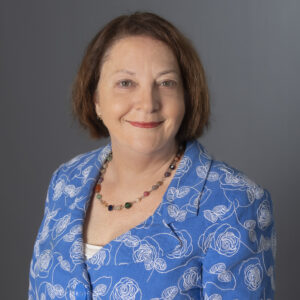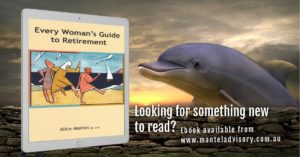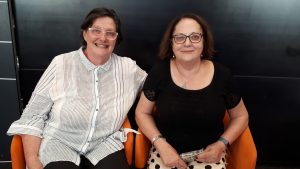Is our retirement system good enough? Superannuation should enable all people to have an adequate standard of living when retired, according to the Retirement Income Review into the Australian retirement system. The system should not just provide a means for wealthy people to become wealthier, with the help of generous tax concessions.
The Review found that two groups have high levels of financial stress compared to people below age 65: those renting in retirement and those who are involuntarily retired before age pension eligibility age. Retirees who rent in the private rental market are likely to live in poverty and those early retirees living on JobSeeker payments are the worst affected. Even with the age pension and additional rental assistance, these retirees experienced higher levels of financial stress and poverty than the rest of the population.
Following 426 submissions and meetings with 100 stakeholders, Treasury has released the Review’s Final Report which makes findings on how the superannuation system interacts with the age pension, the aged care system and the tax concessions that benefit high wealth individuals.
The COVID-19 pandemic has been incredibly disruptive to the livelihoods of individuals and to businesses on a global scale. Less obviously, most people’s retirement savings also have decreased significantly over the past year. Retirees who rely on their super to top up age pension payments remain concerned that their super investments have been affected by market volatility, leading them to worry that their loss in savings will have long-term effects.
Retirement savings and owning your own home are the most important ways to ensure that people have a buffer in retirement. High rates of home ownership in Australia reduces housing costs in retirement and boosts living standards. Additionally, their home is an asset that they can sell to provide a deposit for aged care or for additional funds if necessary.
While the age pension helps to offset inequities in retirement, its “bare bones” level of income does not provide enough to provide for those without other income. In particular, it does little to improve the situation of disadvantaged groups such as women, Aboriginal and Torres Strait Islander people and those with disabilities who have not been able to accumulate sufficient retirement savings in their working life.
One of Treasury’s first observations was that the current retirement system is complex and poorly understood by many people, both before and during retirement. Then more complications arise when it interacts with the aged care and tax system.
The Report suggested some changes to the retirement system to improve its fairness such as:
• removing the $450 per month income threshold before the superannuation guarantee can be paid;
• paying superannuation while on employer paid parental leave, and
• ensuring that all employees are paid the benefits to which they are entitled.
Australian superannuation funds hold $2.9 trillion of assets invested in local and overseas financial markets. As a result of the Covid-19 pandemic shutdowns of businesses and associated job losses, superannuation proved a welcome financial resource for many who had lost their employment. Over 4 million applicants were able to access their super under the Early Release scheme to supplement their wages or JobSeeker allowances. In total $37.4 billion was paid out in the June 2020 quarter to applicants, a 77.7% increase from the March 2020 quarter.
Many commentators were concerned that low to middle income earners who accessed their super early would be severely disadvantaged in being able to accumulate sufficient funds for their retirement as well as making them more likely to be reliant on the age pension. The debate about allowing people to access their super to fund a deposit for a house has not been resolved with arguments on both sides. In my opinion, too many people have drawn on their super in ways that provided only a temporary benefit now, while suffering a substantial long-term loss to their level of super when they retire.
I look forward to the government’s response – will they improve the system for the most disadvantaged people in the retirement system? Much more needs to be done.
Treasury, 20/11/20, Retirement Income Review – Final Report, https://treasury.gov.au/publication/p2020-100554


